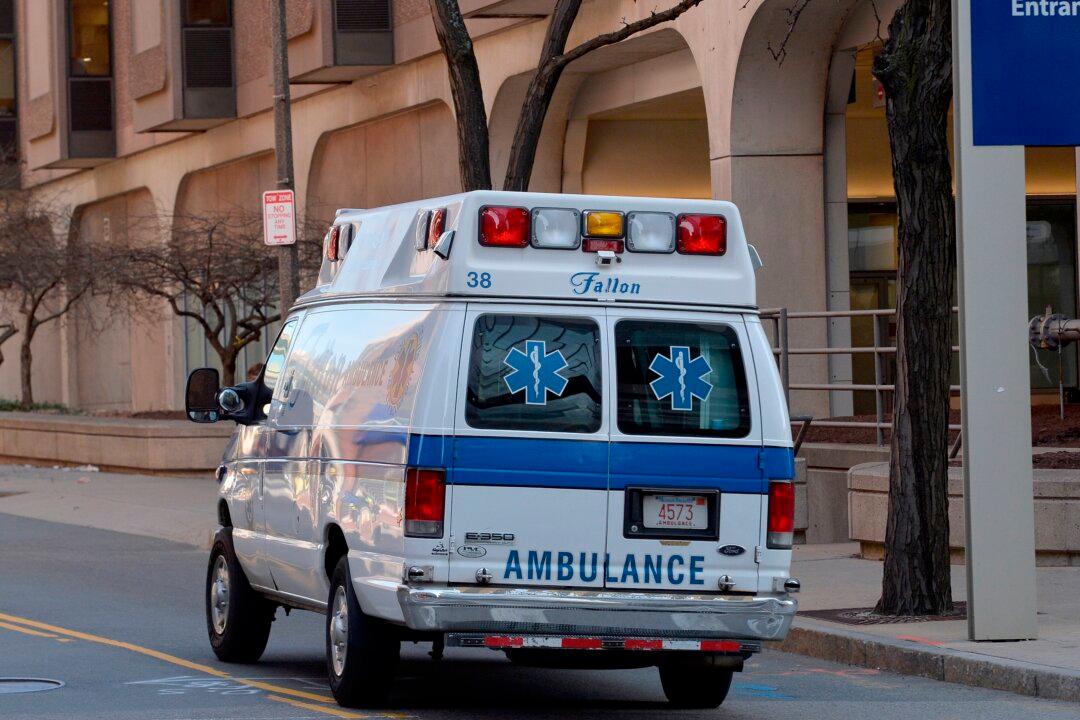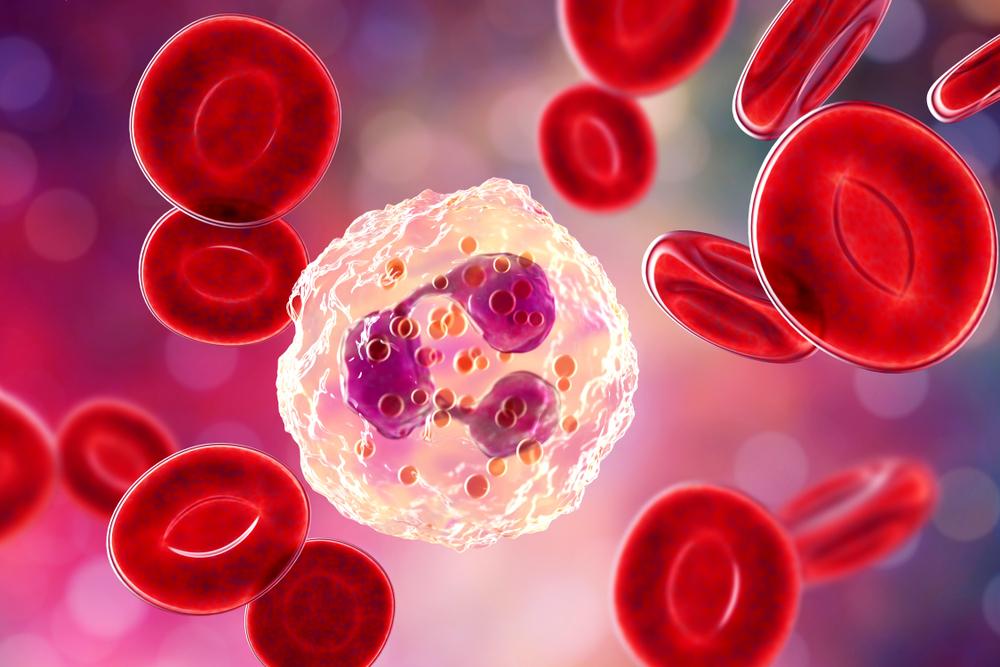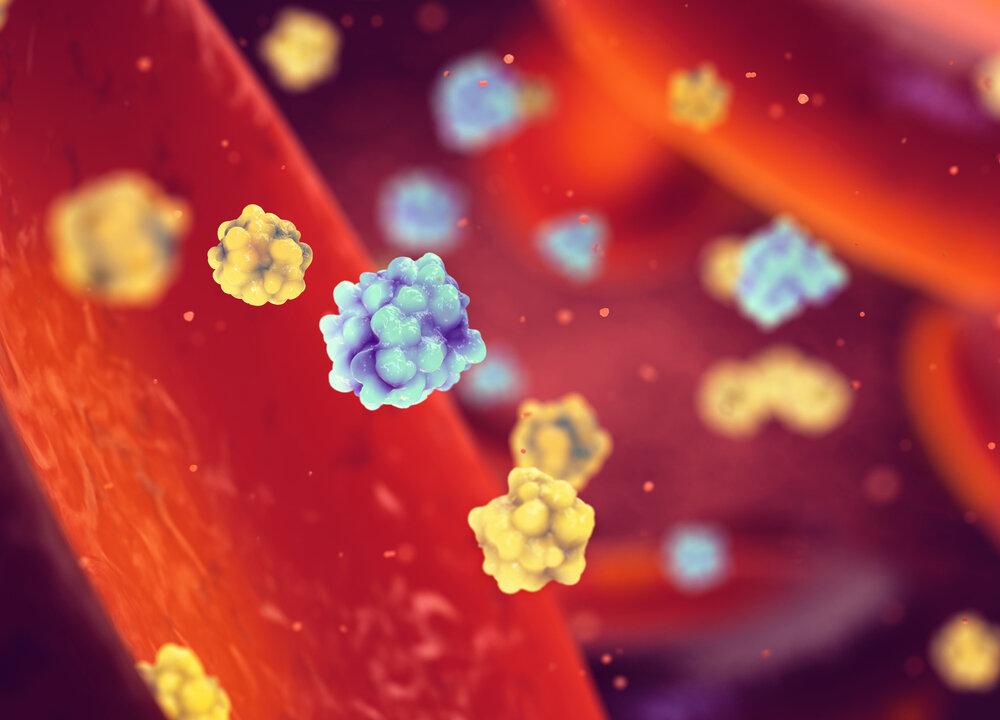The Massachusetts Department of Public Health (DPH) on Nov. 23 released an order requiring hospitals facing limited bed capacity to reduce non-essential, non-urgent procedures by Nov. 29.
Gov. Charlie Baker co-issued the update (pdf) with the Massachusetts Health & Hospital Association (MHA) in order to “preserve hospitals’ ability to respond to COVID-19 and to ensure that there is acute care inpatient capacity.”




